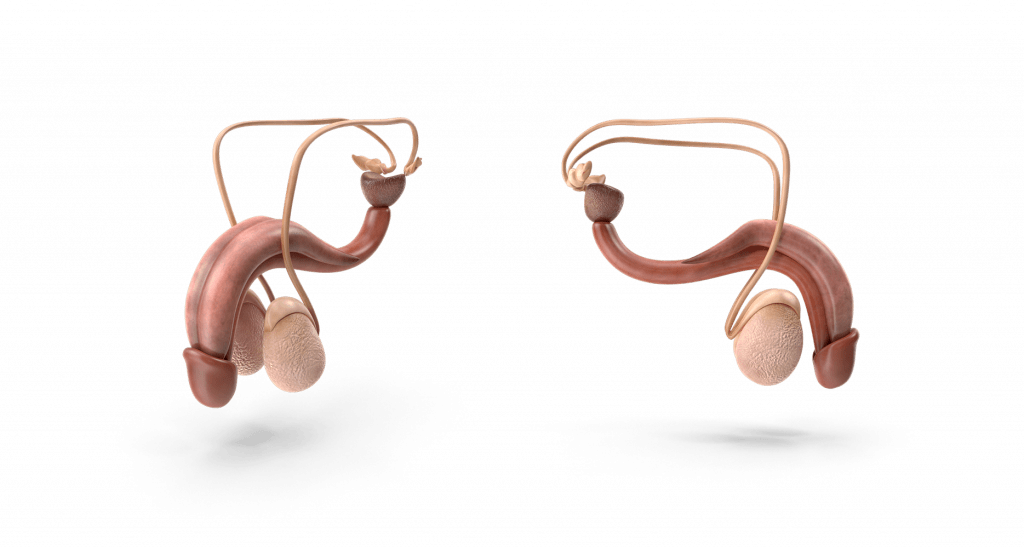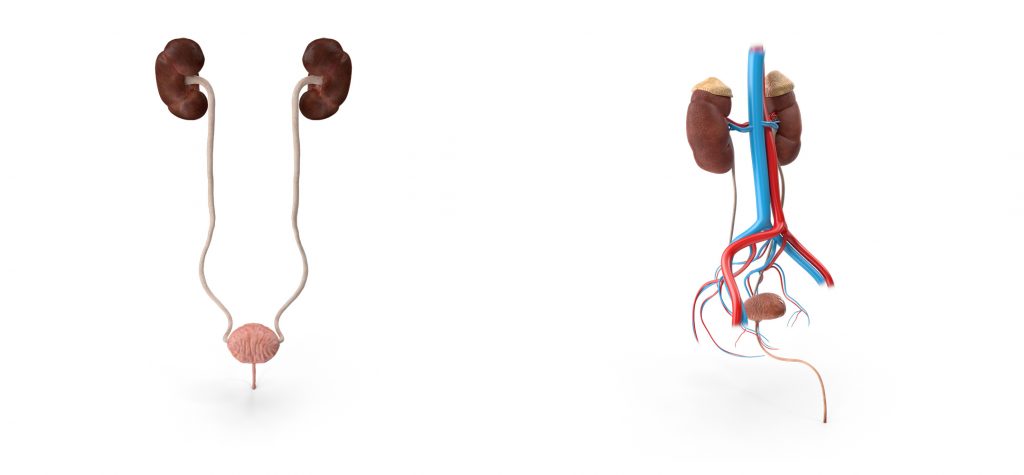Conditions
Our team of dedicated specialists treat a range of urological conditions affecting men, women and children.
Need more help?
Our team of nurses and support staff can help answer your questions or assist with arranging your appointment.
Our team of dedicated specialists treat a range of urological conditions affecting men, women and children.
Our team of nurses and support staff can help answer your questions or assist with arranging your appointment.
| Cookie | Duration | Description |
|---|---|---|
| cookielawinfo-checkbox-analytics | 11 months | This cookie is set by GDPR Cookie Consent plugin. The cookie is used to store the user consent for the cookies in the category "Analytics". |
| cookielawinfo-checkbox-functional | 11 months | The cookie is set by GDPR cookie consent to record the user consent for the cookies in the category "Functional". |
| cookielawinfo-checkbox-necessary | 11 months | This cookie is set by GDPR Cookie Consent plugin. The cookies is used to store the user consent for the cookies in the category "Necessary". |
| cookielawinfo-checkbox-others | 11 months | This cookie is set by GDPR Cookie Consent plugin. The cookie is used to store the user consent for the cookies in the category "Other. |
| cookielawinfo-checkbox-performance | 11 months | This cookie is set by GDPR Cookie Consent plugin. The cookie is used to store the user consent for the cookies in the category "Performance". |
| viewed_cookie_policy | 11 months | The cookie is set by the GDPR Cookie Consent plugin and is used to store whether or not user has consented to the use of cookies. It does not store any personal data. |
You may have a kidney stone if you feel a sharp pain in your back, side, lower abdomen, or groin; or have blood in your urine. If you have a small stone that easily passes through your urinary tract, you may not have symptoms at all.

Erectile dysfunction (ED) is a condition in which you are unable to get or keep an erection firm enough for satisfactory sexual intercourse. You may find it difficult to talk with a health care professional about ED. However, remember that a healthy sex life is part of a healthy life.
Benign prostatic hyperplasia—also called BPH—is a condition in men in which the prostate gland is enlarged and not cancerous. Benign prostatic hyperplasia is also called benign prostatic hypertrophy or benign prostatic obstruction.
Lower urinary tract symptoms suggestive of benign prostatic hyperplasia may include
Symptoms of benign prostatic hyperplasia most often come from a blocked urethra - a bladder that is overworked from trying to pass urine through the blockage.
Peyronie’s disease is a disorder in which scar NIH external link tissue, called plaque, forms under the skin of the pénis—the male organ used for urination and sex.
The plaque builds up inside the pénis, in the thick elastic membrane called the tunica albuginea. The tunica albuginea helps keep the pénis stiff during an erection. The plaque can develop anywhere along the pénis.
The signs and symptoms of Peyronie’s disease may include:
Men with Peyronie’s disease are usually referred to a urologist—a doctor who specializes in sexual and urinary problems. A urologist diagnoses Peyronie’s disease based on your medical and family history and a physical exam.
Imaging tests are usually not necessary to diagnose Peyronie’s disease but may be used to gather additional information about the plaque.

Bladder control problems affect the way a person holds or releases urine. A person has urinary incontinence (UI) when urine leaks accidentally. Talk with a health care professional about bladder control problems right away.

Hematuria is the presence of blood in a person’s urine. The two types of hematuria are:
Doentes com hematúria macroscópica têm urina rosa, vermelha. Mesmo uma pequena quantidade de sangue na urina pode fazer com que a urina mude de cor. Na maioria dos casos, as pessoas com hematúria macroscópica não apresentam outros sinais e sintomas. Pessoas com hematúria macroscópica que inclui coágulos sanguíneos na urina que podem causar dor na bexiga ou nas costas.

Interstitial cystitis (IC) is a chronic, or long-lasting, condition that causes painful urinary symptoms.

Urinary retention is a condition in which you cannot empty all the urine from your bladder. Urinary retention can be acute—a sudden inability to urinate, or chronic—a gradual inability to completely empty the bladder of urine.

Bladder infections are the most common type of urinary tract infection (UTI), but any part of your urinary tract can become infected—the urethra, bladder, ureters, and kidneys. Your age, habits, or health conditions can make a UTI more likely.

Children who leak urine when most of their classmates are dry may have a bladder control problem. Both daytime wetting and bedwetting are common—and tend to fade away as children mature. In some cases, health conditions can lead to wetting.

Vesicoureteral Reflux (VUR) is a condition in which urine flows backward from the bladder to one or both ureters and sometimes to the kidneys. VUR is most common in infants and young children. Most children don’t have long-term problems from VUR.
Hydronephrosis in newborns is enlargement, or dilation, of the renal pelvis—the basin in the central part of the kidney where urine collects. Hydronephrosis can occur in one or both kidneys.

Urinary diversion is a surgical procedure that creates a new way for urine to exit your body when urine flow is blocked or when there is a need to bypass a diseased area in the urinary tract.
The main types of urinary diversion include:
Bacteria can enter urostomies and continent urinary diversions and may cause a urinary tract infection. Symptoms of infection include:
A kidney stone is a solid, pebble-like piece of material that can form in a child’s kidney when minerals in the urine are too high. Kidney stones rarely cause permanent damage if treated by a health care professional.

Bladder infections are the most common type of urinary tract infection (UTI), but any part of your child’s urinary tract can become infected including the urethra, bladder, ureters, or kidneys. UTIs are common, especially among girls. Bacteria normally found in the bowel cause most UTIs in children.